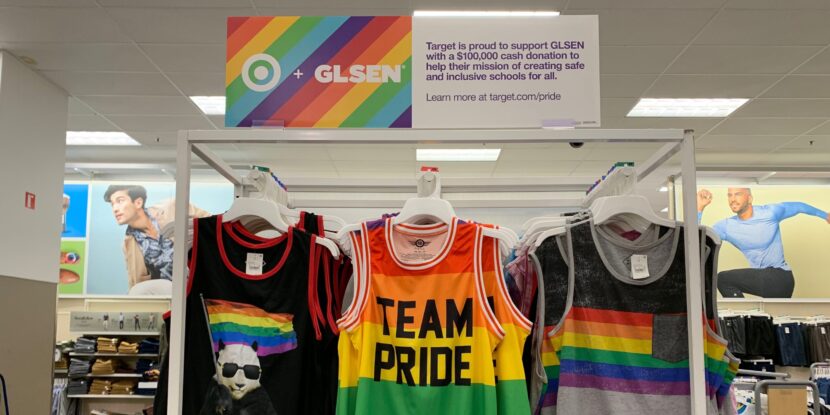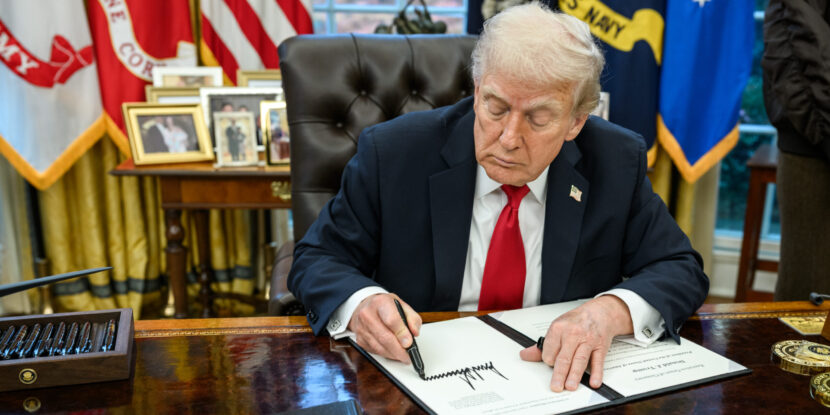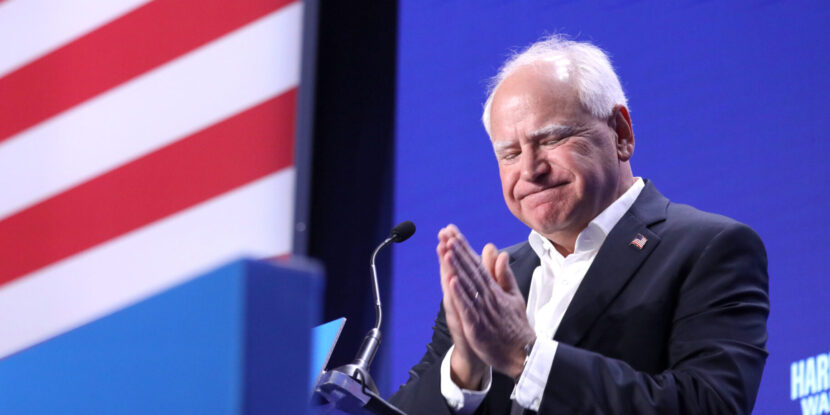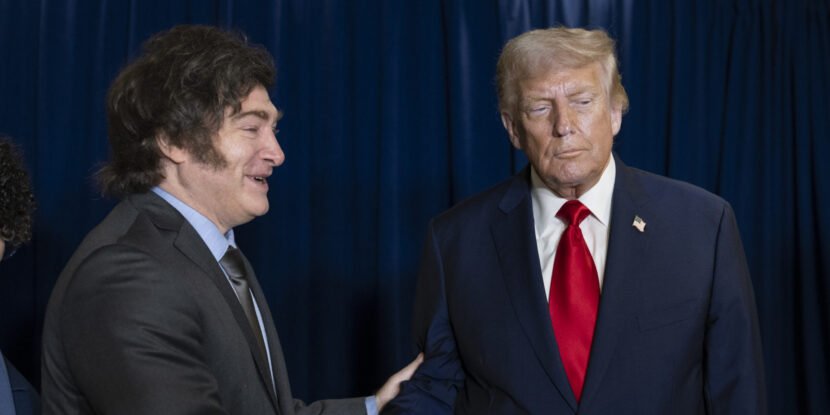PULSE POINTS:
❓What Happened: Target’s sales dropped 2.8 percent in the first quarter, falling short of Wall Street expectations, amidst a left-wing boycott over its decision to end some diversity, equity, and inclusion (DEI) policies and slumping consumer demand.
👥 Who’s Involved: Target Corporation, CEO Brian Cornell, customers, the Federal Reserve, and the Trump administration.
📍 Where & When: United States; first quarter of 2025, earnings call on May 21, 2025.
💬 Key Quote: “I want to be clear, we’re not satisfied with these results, so we’re moving with urgency to navigate through this period of volatility,” said Target CEO Brian Cornell.
⚠️ Impact: Target shares fell over six percent on Wednesday morning, now down 40 percent over the past year; the company revised its sales forecast downward for the rest of 2025. Sales at the retail giant were significantly impacted by a boycott over its move to scale back company DEI policies, along with falling consumer demand that suggests the economy could be facing deflationary pressures.
IN FULL:
Target Corporation reported a 2.8 percent drop in first-quarter sales, falling to $23.85 billion, below Wall Street’s anticipated $24.23 billion, as announced during the company’s May 21 earnings call. The decline comes amid boycotts following Target‘s decision to scale back its diversity, equity, and inclusion (DEI) initiatives earlier this year, a move made in response to criticism from the Trump administration.
Target CEO Brian Cornell addressed the disappointing results, stating, “I want to be clear, we’re not satisfied with these results, so we’re moving with urgency to navigate through this period of volatility. We’ve got to drive traffic back into our stores or visits to our site.”
The retailer also warned of further sales declines throughout the remainder of 2025, citing a challenging economic environment where customers are reducing spending. Target’s shares fell over six percent on Wednesday morning and have dropped 40 percent over the past year.
Notably, recent economic data, including the Consumer Price Index (CPI) and Producer Price Index (PPI), have signalled a possible deflationary cycle, due in part to the Federal Reserve’s refusal to cut interest rates. This means retailers could begin experiencing significant demand collapse, placing further strain on profits.
In an effort to recover, Target is introducing 10,000 new items priced at $1 or more, with most under $20, aiming to appeal to budget-conscious shoppers. This initiative is part of a broader strategy to offer value as customers remain cautious amid economic uncertainty.
The company’s earlier decision to scale back DEI initiatives, prompted by political pressure, led to backlash from a segment of its customer base, resulting in boycotts that further impacted sales. Previously, conservatives have boycotted the retailer over transgender restroom policies and Pride clothing lines for children and babies.
Additionally, the retailer claims it is contending with the effects of tariffs imposed by the Trump administration, which it says have added to its challenges.




















